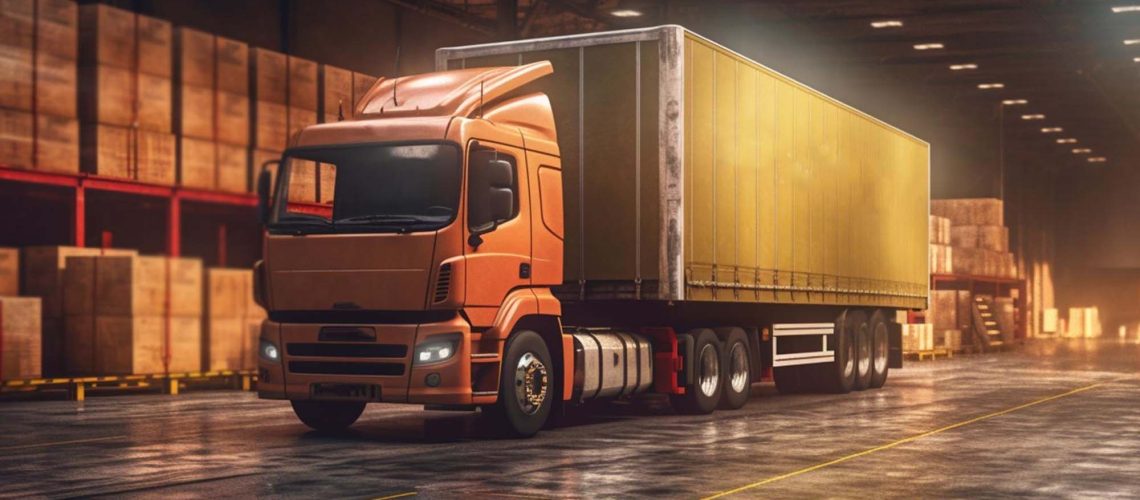In today’s fast-paced world, technology is the backbone of innovation, especially in the FMCG (Fast-Moving Consumer Goods) industry. FMCG distribution has been significantly transformed by integrating advanced technologies, driving efficiency, accuracy, and customer satisfaction.
One of the primary technological advancements in FMCG distribution is the adoption of automation and artificial intelligence (AI). Automated warehouses and AI-driven logistics systems have streamlined operations, reducing the time and cost associated with traditional distribution methods. These systems enable real-time tracking, better inventory management, and quicker response times, ensuring that products reach their destination promptly and in optimal condition.
Additionally, digital platforms have enhanced communication and transparency within the supply chain. With cloud-based systems, distributors can monitor stock levels, track shipments, and communicate with suppliers and customers seamlessly. This real-time data access allows for better decision-making and the ability to adapt to market demands swiftly.
Another critical aspect is the use of big data analytics in forecasting demand. By analyzing consumer behavior and purchasing trends, companies can optimize their supply chain to meet demand accurately, reducing waste and increasing profitability. This level of insight is invaluable in an industry where timing and availability are crucial.
Technology has also improved the sustainability of FMCG distribution. By optimizing routes and reducing energy consumption, companies can lower their carbon footprint, contributing to a more sustainable future.
In conclusion, technology is revolutionizing FMCG distribution, making it more efficient, transparent, and sustainable. Embracing these advancements is essential for staying competitive in the ever-evolving market.

